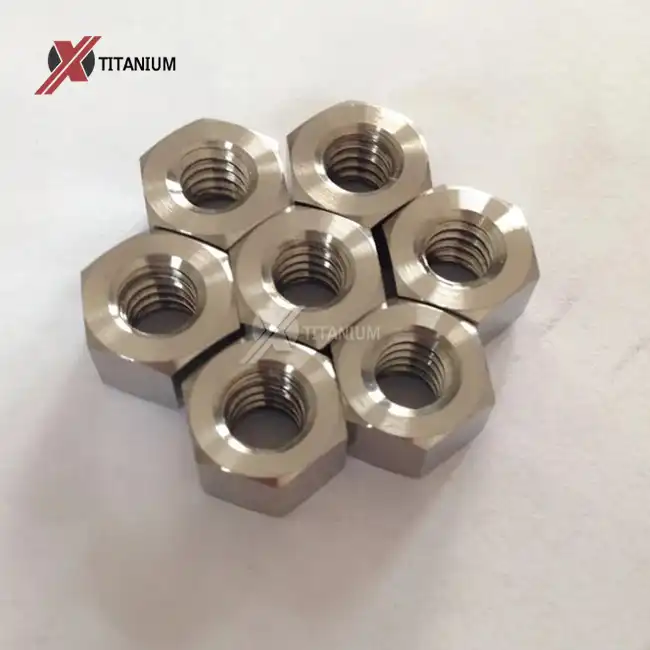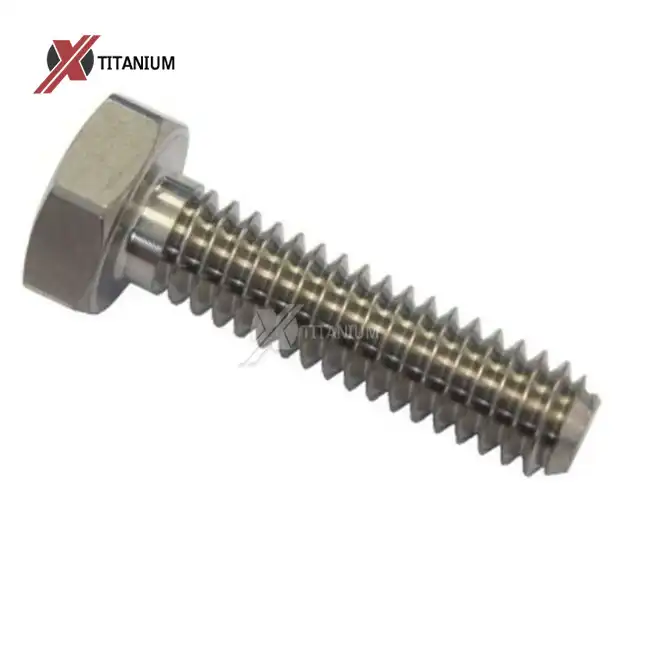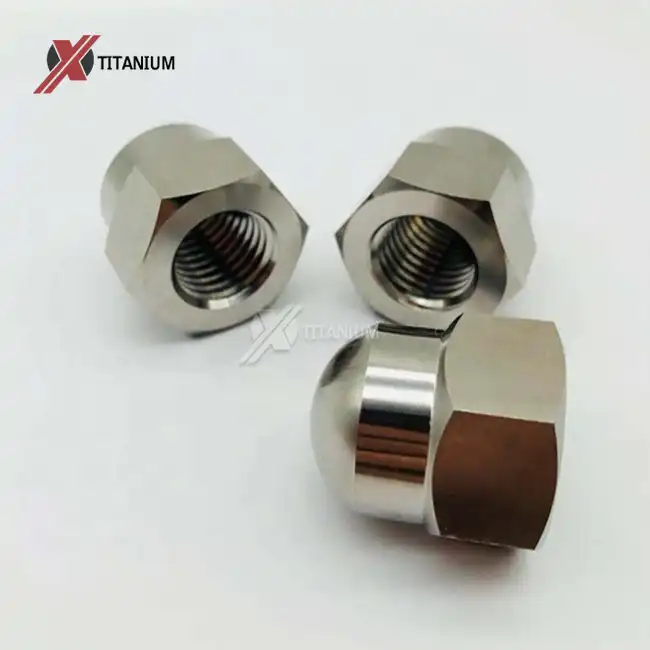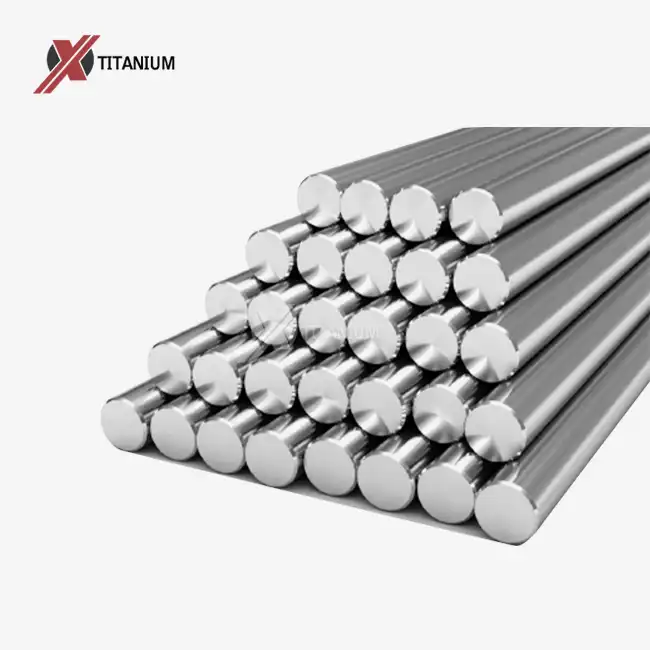- English
- French
- German
- Portuguese
- Spanish
- Russian
- Japanese
- Korean
- Arabic
- Greek
- German
- Turkish
- Italian
- Danish
- Romanian
- Indonesian
- Czech
- Afrikaans
- Swedish
- Polish
- Basque
- Catalan
- Esperanto
- Hindi
- Lao
- Albanian
- Amharic
- Armenian
- Azerbaijani
- Belarusian
- Bengali
- Bosnian
- Bulgarian
- Cebuano
- Chichewa
- Corsican
- Croatian
- Dutch
- Estonian
- Filipino
- Finnish
- Frisian
- Galician
- Georgian
- Gujarati
- Haitian
- Hausa
- Hawaiian
- Hebrew
- Hmong
- Hungarian
- Icelandic
- Igbo
- Javanese
- Kannada
- Kazakh
- Khmer
- Kurdish
- Kyrgyz
- Latin
- Latvian
- Lithuanian
- Luxembou..
- Macedonian
- Malagasy
- Malay
- Malayalam
- Maltese
- Maori
- Marathi
- Mongolian
- Burmese
- Nepali
- Norwegian
- Pashto
- Persian
- Punjabi
- Serbian
- Sesotho
- Sinhala
- Slovak
- Slovenian
- Somali
- Samoan
- Scots Gaelic
- Shona
- Sindhi
- Sundanese
- Swahili
- Tajik
- Tamil
- Telugu
- Thai
- Ukrainian
- Urdu
- Uzbek
- Vietnamese
- Welsh
- Xhosa
- Yiddish
- Yoruba
- Zulu
Why Should You Choose Titanium Flange Bolts for Your Applications?
When it comes to ensuring the integrity, strength, and longevity of mechanical connections in demanding environments, the choice of fasteners plays a critical role. Among the many options available on the market, titanium flange bolts have gained widespread popularity in industries ranging from aerospace to automotive and marine engineering. But what makes titanium flange bolts so special? Why are they often selected over stainless steel or other high-performance fasteners?
In this blog, we will dive deep into the advantages, applications, and best practices for titanium flange bolts, answering some of the most frequently searched questions related to this essential fastener.
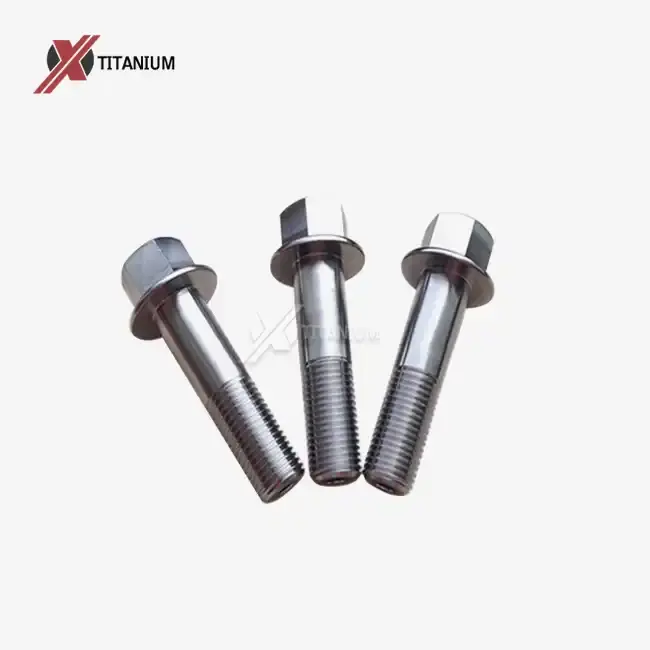
What Are the Advantages of Using Titanium Flange Bolts?
Titanium flange bolts are not just another category of fasteners—they represent a leap forward in terms of strength, efficiency, and performance. Their advantages stem primarily from the properties of titanium, one of the most remarkable engineering materials available today.
1. Exceptional Strength-to-Weight Ratio
One of the standout benefits of titanium is its superior strength-to-weight ratio. Titanium Grade 5 (Ti-6Al-4V), commonly used in flange bolts, offers a tensile strength of up to 950 MPa while being nearly 45% lighter than steel. This makes it an optimal choice in industries where every gram matters—like aerospace, motorsports, and performance automotive sectors.
2. Superior Corrosion Resistance
Titanium bolts are highly resistant to corrosion, even in extremely harsh environments. Whether it's saltwater, acids, or industrial chemicals, titanium holds up better than most metals. This corrosion resistance extends the life of fasteners in marine and chemical industries and eliminates frequent replacements and maintenance.
3. Non-Magnetic and Biocompatible
Titanium is non-magnetic and biocompatible, making it a top choice for medical implants and electronics where magnetism can cause interference. In hospitals, titanium flange bolts are often used in devices that need to remain MRI-safe or implanted hardware that must integrate safely with human tissue.
4. High Temperature Resistance
Titanium flange bolts can operate under extreme temperatures, from cryogenic conditions (-250°C) to elevated temperatures around 600°C. This heat resistance makes them perfect for high-performance engines, turbines, and other thermal-intensive machinery.
5. Long-Term Cost Efficiency
Though titanium bolts may have a higher upfront cost, their long service life due to superior corrosion and fatigue resistance reduces the total lifecycle cost. For industrial users, this can translate into substantial savings over time.
How Do Titanium Flange Bolts Compare to Stainless Steel Bolts?
This is one of the most common questions asked when choosing between high-performance fasteners. While both materials offer excellent qualities, they cater to different needs.
1. Weight and Strength
Titanium bolts are significantly lighter than stainless steel—making them the preferred choice in aerospace and motorsport applications. However, in terms of sheer tensile strength, certain grades of stainless steel may match or even exceed lower-grade titanium, although titanium Grade 5 still rivals stainless steel 316 in strength with less weight.
2. Corrosion Resistance
Stainless steel bolts, particularly 316L, are known for their corrosion resistance in many environments. However, titanium goes a step further, especially in chloride-rich environments like seawater or chemical processing plants, where stainless steel may still suffer from pitting and crevice corrosion.
3. Magnetic Properties
Unlike stainless steel bolts, which can be slightly magnetic depending on the alloy, titanium is completely non-magnetic. This is crucial in specialized applications where magnetic fields can disrupt operation, such as medical equipment or precision electronic assemblies.
4. Cost Differences
Stainless steel bolts are much cheaper upfront. Titanium, due to its complex extraction and refinement process, costs significantly more. However, as mentioned earlier, titanium's longevity and minimal maintenance requirements often justify the premium in applications where downtime is expensive.
5. Availability and Variety
Stainless steel bolts are widely available in virtually every hardware store. Titanium bolts, on the other hand, are more specialized and might need to be ordered through niche suppliers. This can affect lead times and procurement planning for manufacturers.
What Are the Common Applications of Titanium Flange Bolts?
Titanium flange bolts are not just for high-end industries. Their applications span across multiple sectors, many of which you may not expect.
1. Aerospace and Aviation
In aviation, every ounce counts. Titanium bolts are used extensively in aircraft frames, engines, and landing gear assemblies. Their light weight helps increase fuel efficiency while maintaining safety standards under extreme pressure and heat.
2. Automotive and Motorsport
From high-performance motorcycles to Formula 1 cars, titanium flange bolts are used to fasten everything from exhaust manifolds to suspension systems. Their ability to withstand heat and reduce overall weight enhances speed, acceleration, and braking efficiency.
3. Marine and Offshore Engineering
Saltwater is highly corrosive to most metals, but titanium stands its ground. It's used in ship hulls, underwater pipelines, offshore rigs, and submarines. The longevity it provides in these conditions makes it invaluable.
4. Chemical Processing
In refineries and chemical plants where equipment is exposed to aggressive acids and bases, titanium bolts offer unmatched resistance. They prevent leaks, structural failures, and contamination of processed chemicals.
5. Medical Devices and Implants
Titanium’s biocompatibility makes it the material of choice for orthopedic screws, dental implants, and surgical devices. Flange bolts made from titanium are also used in external fixation systems and MRI-compatible devices.
6. Renewable Energy Systems
Wind turbines and solar tracking systems are increasingly using titanium fasteners due to their resistance to weather and UV exposure. Their use improves structural reliability and reduces maintenance.
How Can You Properly Install and Maintain Titanium Flange Bolts?
While titanium flange bolts are robust and corrosion-resistant, incorrect handling or installation can compromise their benefits.
1. Use Proper Tools
Avoid using worn or poor-quality tools. Titanium is harder than many standard bolts, and improper tools can damage both the bolt and surrounding components.
2. Apply Anti-Seize Compound
Titanium has a tendency to gall when threaded, especially against other titanium parts. A nickel-based or copper-based anti-seize compound prevents this and ensures smooth threading and unthreading during future maintenance.
3. Observe Torque Specifications
Over-tightening can lead to thread stripping or stress fractures, while under-tightening may compromise the joint. Always follow the manufacturer’s recommended torque ratings for titanium flange bolts.
4. Regular Inspection in Critical Applications
Even though titanium resists corrosion, regular visual checks can help detect mechanical wear or improper installation early—especially in high-vibration environments like engines or rotating machinery.
5. Avoid Galvanic Corrosion
Titanium can act as a cathode in galvanic coupling. When used with dissimilar metals, such as aluminum or steel, ensure proper isolation using washers or coatings to prevent galvanic corrosion.
Conclusion
Titanium flange bolts are not just fasteners—they’re high-performance components designed for precision, safety, and longevity. With their lightweight strength, unmatched corrosion resistance, and excellent temperature performance, they offer solutions to industries where material failure is not an option.
While the upfront cost may deter some buyers, the long-term benefits in performance and durability often outweigh the price difference, especially in high-risk or mission-critical environments.
Whether you're designing the next generation of aerospace components, upgrading a race car, or building a corrosion-resistant pipeline in the ocean, titanium flange bolts are a worthy investment for your project.
References
1.Turner, D.L. (2021). "High-Performance Fasteners in Aerospace Applications: The Rise of Titanium Flange Bolts." Journal of Aerospace Materials, 48(2), 101–117.
2.Kim, S., & Zhang, T. (2020). "Comparative Analysis of Titanium and Stainless Steel Fasteners in Marine Engineering." Corrosion Engineering Journal, 35(4), 210–225.
3.Huang, Y., et al. (2022). "Galling and Torque Characteristics of Titanium Alloy Fasteners." Materials Performance and Protection, 27(1), 88–97.
4.Lopez, R.A. & Singh, V.K. (2023). "Mechanical and Fatigue Properties of Ti-6Al-4V in Bolted Joints." International Journal of Structural Integrity, 14(3), 145–162.
5.Anderson, M.E. (2019). "Corrosion Resistance of Titanium Fasteners in Chloride and Acidic Environments." Corrosion Science and Engineering, 39(6), 312–327.
6.Foster, J.W., & Nakamura, T. (2021). "Fastener Design in Motorsport: Lightweight Materials and Performance Optimization." Journal of Motorsport Engineering, 12(4), 190–208.
7.Lee, C.H., & Patel, D. (2020). "Applications of Titanium Fasteners in Medical Devices: MRI Compatibility and Biocompatibility Review." Biomedical Materials Research Journal, 41(5), 322–336.
8.Martinez, P., et al. (2022). "Thermal Stability of Titanium Fasteners in High-Temperature Industrial Equipment." Journal of Industrial Metallurgy, 29(3), 255–270.
9.Nguyen, H.T., & Zhao, M. (2023). "Design Considerations for Titanium Flange Bolts in Renewable Energy Infrastructure." Renewable Structural Materials Review, 17(1), 77–93.
10.Carter, L.B. (2021). "Threaded Fasteners and Galling Prevention Techniques in Titanium Alloys." Engineering Fastener Technology, 26(2), 134–148.
Learn about our latest products and discounts through SMS or email
